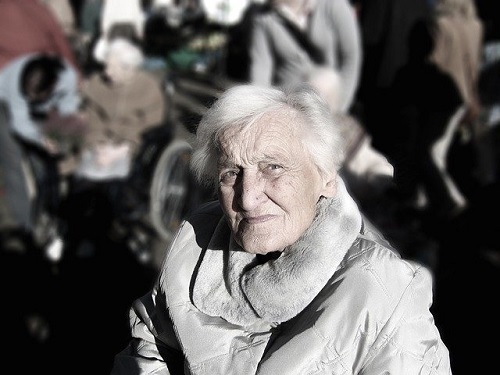Mass General Group Detects Dementia With Electronic Health-Records Algorithm

Laura Rosbrow-Telem – Commonwealth News Service
BOSTON — Massachusetts researchers can detect early dementia symptoms just by combing through existing data from healthy people. A team from Mass General and Harvard created software that automatically scans through electronic health records to predict the likelihood a person may develop dementia.
They looked at more than 500,000 electronic health records of patients admitted to two Boston academic medical centers. Dr. Thomas McCoy is the first author of a paper the group just published in the journal Alzheimer’s and Dementia. McCoy explained they divided the patients into four groups, with the highest quarter being the most likely to develop a dementia diagnosis.
“Individuals who are in the highest risk quartile were three times more likely to go on to receive a diagnosis of dementia than those individuals who were in the cohort overall,” McCoy said.
This three-times likelihood probably underestimates potential diagnoses since they can only read the files of patients who followed up at these two hospitals. Their algorithm scanned up to eight years of records for each individual and used natural language processing to find key terms about cognitive symptoms.
It took the team about six years to develop the algorithm. But once their software was up and running, McCoy said it took a remarkably short amount of time to analyze the health records.
“The actual process of scoring all of these notes – it ran overnight. So the computer can read through half a million charts in a night,” he said. “You come in the next morning, you get it, you run the analysis.”
McCoy noted they merely looked at simple cognitive symptoms from patient records. With just this data, his team was able to develop a dementia score.
